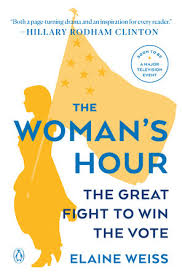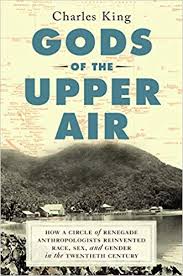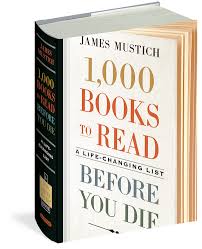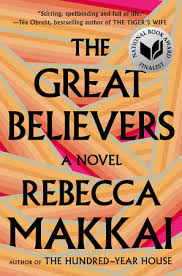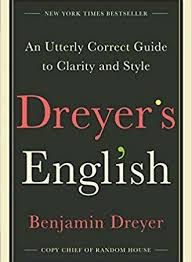Brian Doyle
Little, Brown & Co

|
I am standing in the hospital watching babies emerge from my wife like a circus act. First out is a boy, dark-haired and calm, the size of an owl. He is immediately commandeered by a nurse who whisks him off for a bath and a stint in what appears to be a tiny tanning bed. Now, says the doctor, reaching around inside my wife while he talks, here’s the other one, and he hauls out another boy. This one is light-haired and not calm; he grabs for a nurse’s scissors and won’t let go and they have to pry his fingers off and the nurse looks accusingly at me for some reason and I want to say hey, I don’t even know the guy, but I don’t say anything, being overwhelmed with new roommates and tears and astonishment at people emerging from my wife one after another… from One Long River of Song |



